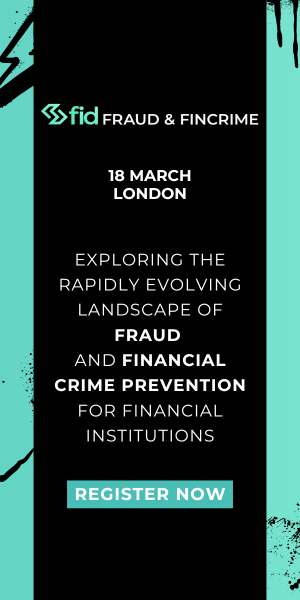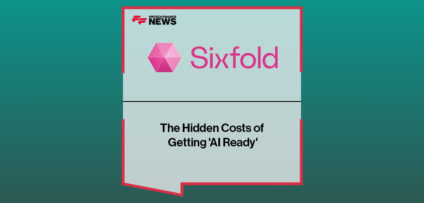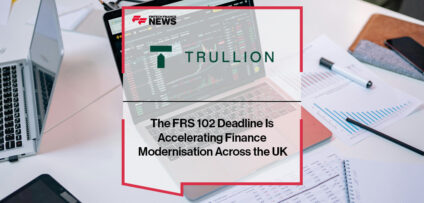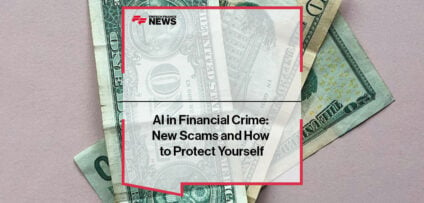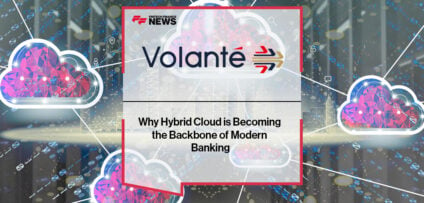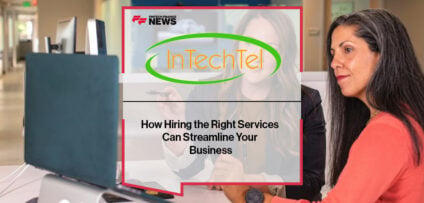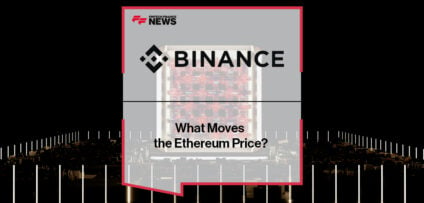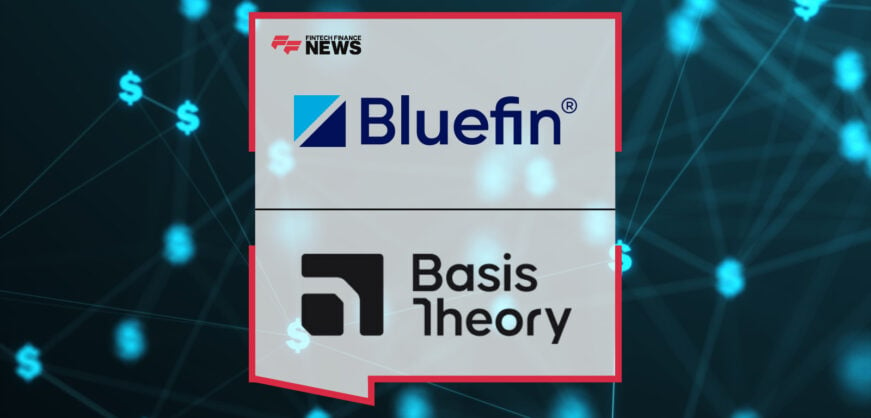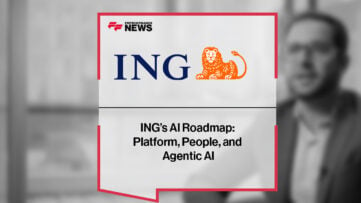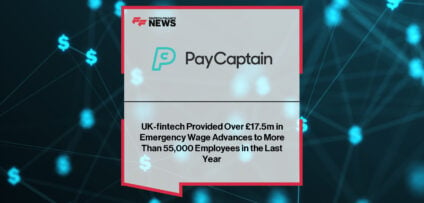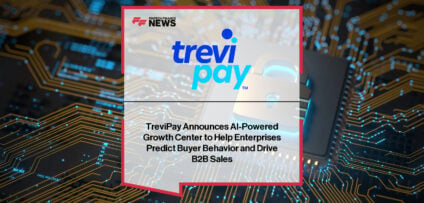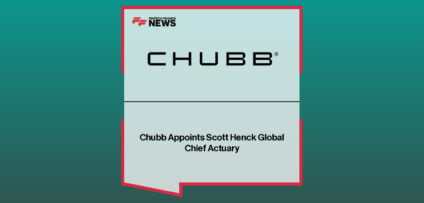Breaking News

Why Online Privacy Should Be a Part of Your Financial Wellness Plan
Using the internet is the most optimal way to have fun, learn, get informed, and do business in the 21st century. There has never been a form of media as great as this, where everyone can be interconnected within a few clicks of each other. Whatever you need or want, you can find it in a matter of seconds. However, as is the case with many things, the World Wide Web is not without its bad sides and potential dangers.
Bad actors are always on the lookout to make use of people’s private and financial information, thus endangering what is commonly referred to as online privacy. So, how does one stay protected, and what are the implications of being safe? Well, in this article, we focus on the financial side of things and talk about why online privacy should be a part of everyone’s financial wellness plan.
What Does Financial Wellness Imply?
When something implies the term “wellness”, it is usually about doing it in a good and healthy way. For finance, it means having enough money to spend while also saving on the side for the future, and in the meantime, not struggling to make ends meet. Basically, being financially healthy deals with controlling your income and spending in the best way possible for your situation so that you have enough for things that matter to you, for sustenance, and overall for a happy life. One does not need to be a millionaire to do so, which is why it is commonly recommended to people. So, how does online privacy come into play? Let us find out.
Online Privacy and Financial Security
In the modern day and age, being safe on the internet goes hand in hand with financial security for the very obvious reason of buying things online, booking trips online, subscribing to streaming and other services…Living in the year 2025 means spending more money digitally through your cards and internet payment services than cash in the real world. Therefore, one must know how and where they can be taken advantage of as well as how to stay safe. And we do not only mean obvious scams and frauds that happen when a user buys from a shady website.
There are perfectly legal ways for services and platforms to potentially put you in danger through data sharing and invasive advertising campaigns. Sure, protecting your financial accounts from hackers who exploit weak passwords and not using unsecured networks can prevent having your data exposed, but there are still issues at hand. Online privacy also implies knowing what type of info you are sharing and with whom when you simply log into your favorite social media platform, video sharing service, or an online store. It is here that you need to protect your data and limit what is being given away lightly whenever you are around.
User Tracking and Data Sharing
Many financial apps and websites, both online stores and otherwise, track user behavior, purchase history, and location data. This data can be sold to the highest bidder and misused, and it often is. This is a usual practice that corporations use to target users, develop new ad campaigns, and reach more people who may buy their product or service. Being intentional about your privacy allows you to limit who has access to your financial behaviors and decisions, helping you avoid manipulative marketing or profiling.
Since the best way to do it is for it not to happen, there is little that can be done other than limiting permissions apps use and not agreeing to cookies and terms on every page. Ad blockers and VPNs are a great tools, too, but what you will benefit from lies elsewhere. A personal data removal service allows you to remove data from data brokers and remain protected without any of your private and financial data being shared or leaked online. It is essential to use the best at your disposal to improve your financial safety and independence, and knowing who to trust is a great step forward.
Control Over Finances and Peace of Mind
Getting a chance to control all of your money and knowing that your finances are protected is easier when nobody is snooping around and getting info about your name, address, bank accounts, etc. Sleeping safely at night and having the peace of mind is priceless, as any kind of privacy is a legitimate luxury in the modern world. Therefore, make a stand today, choose who you trust, and use every tool at your disposal to make sure your sensitive data is secure.
Online Financial Security FAQ
- How can I protect my online banking information?
Use strong, unique passwords, enable two-factor authentication, and avoid public Wi-Fi.
- What should I do if I suspect fraud on my account?
Contact your bank or financial institution immediately, freeze your account if possible, and monitor for further suspicious activity.
- Is it safe to store credit card information online?
Only store payment info with trusted, secure websites and consider using virtual cards or payment services like PayPal.
- How can I tell if a financial website is secure?
Look for “https” in the URL with a padlock icon in the address bar and avoid sites with poor design or spelling errors.
- Bluefin and Basis Theory Partner to Enable Unified Tokenization Across Digital and In-Person Payments Read more
- Invest Bank and AUTON8 Build Partnership to Drive Digital Resilience and Banking Agility Read more
- ING’s AI Roadmap: Platform, People, and Agentic AI Read more
- UK-fintech Provided Over £17.5m in Emergency Wage Advances to More Than 55,000 Employees in the Last Year Read more
- TreviPay Announces AI-Powered Growth Center to Help Enterprises Predict Buyer Behavior and Drive B2B Sales Read more


